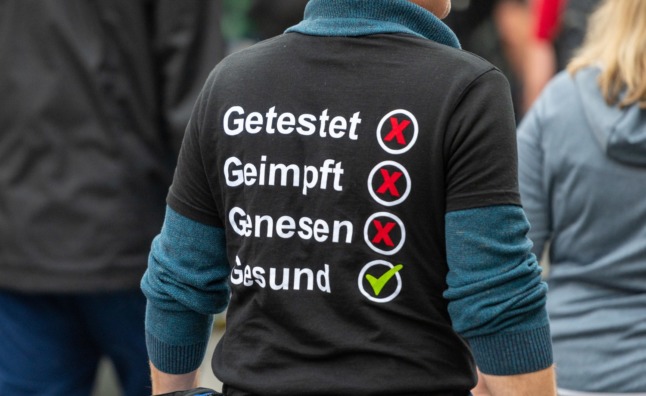“Users don't pay for Facebook. But Facebook earns billions every year by exploiting the collective data of its users and selling them in the form of personalized advertising space to companies,” vzbv board member Klaus Müller said on Thursday.
Facebook increased its advertising revenues from $1.8 billion to $11.49 billion between 2010 and 2014, vzbv points out.
But Cologne Business School professor and government digital economy adviser Klemens Skibicki told The Local that the vzbv's criticisms were out of date.
“They're measuring it against the values of the old world,” he said.
Skibicki argues that Facebook's service represents a win-win-win for the social network, users, and advertisers, all of whom benefit.
And based on the wording used, he suggested that the vzbv hadn't completely understood Facebook's business model.
“Facebook doesn't sell any data,” he said. “It sells companies individually targeted advertising space within Facebook based on the data people choose to give it.
“That's actually a benefit to the user – I don't see a bunch of advertising that's irrelevant to me. My letterbox or my newspaper couldn't do that for me in the past.”
vzbv also alleged that 19 separate clauses of Facebook's terms and conditions breach German law.
Specific infringements they highlight include the social network's insistence that users give their real names and Facebook's failure to comply with data protection rules.
“The conditions in data protection are non-transparent from the vzbv's point of view,” they say.
“It's not clear for users at first glance when and which data will be used for which purposes.”
vzbv says that Facebook's standard privacy settings are particularly problematic, especially the fact that profiles are visible to external search engines by default.
It's also wrong that users should have to opt out of their social information, such as Likes, being used with their name for advertising, they say.
But Skibicki says these are familiar criticisms which haven't dissuaded Germans from using Facebook.
“Back in 2010, when Facebook introduced the Like button on external websites – which lets them track users' browsing outside Facebook – they kicked up a huge fuss and said people should delete their accounts.
“19 million more Germans are using Facebook now than in 2010 – people seem to value the benefits.”
For Skibicki, even if the social network is infringing against regulations, it is those which should be reviewed rather than Facebook's behaviour.
“If it contradicts the German or European regulations, that's as may be, but those regulations come from a time when Facebook's business wasn't possible," he argues.
SEE ALSO: Why Germany fears US digital disruptors



 Please whitelist us to continue reading.
Please whitelist us to continue reading.
Member comments